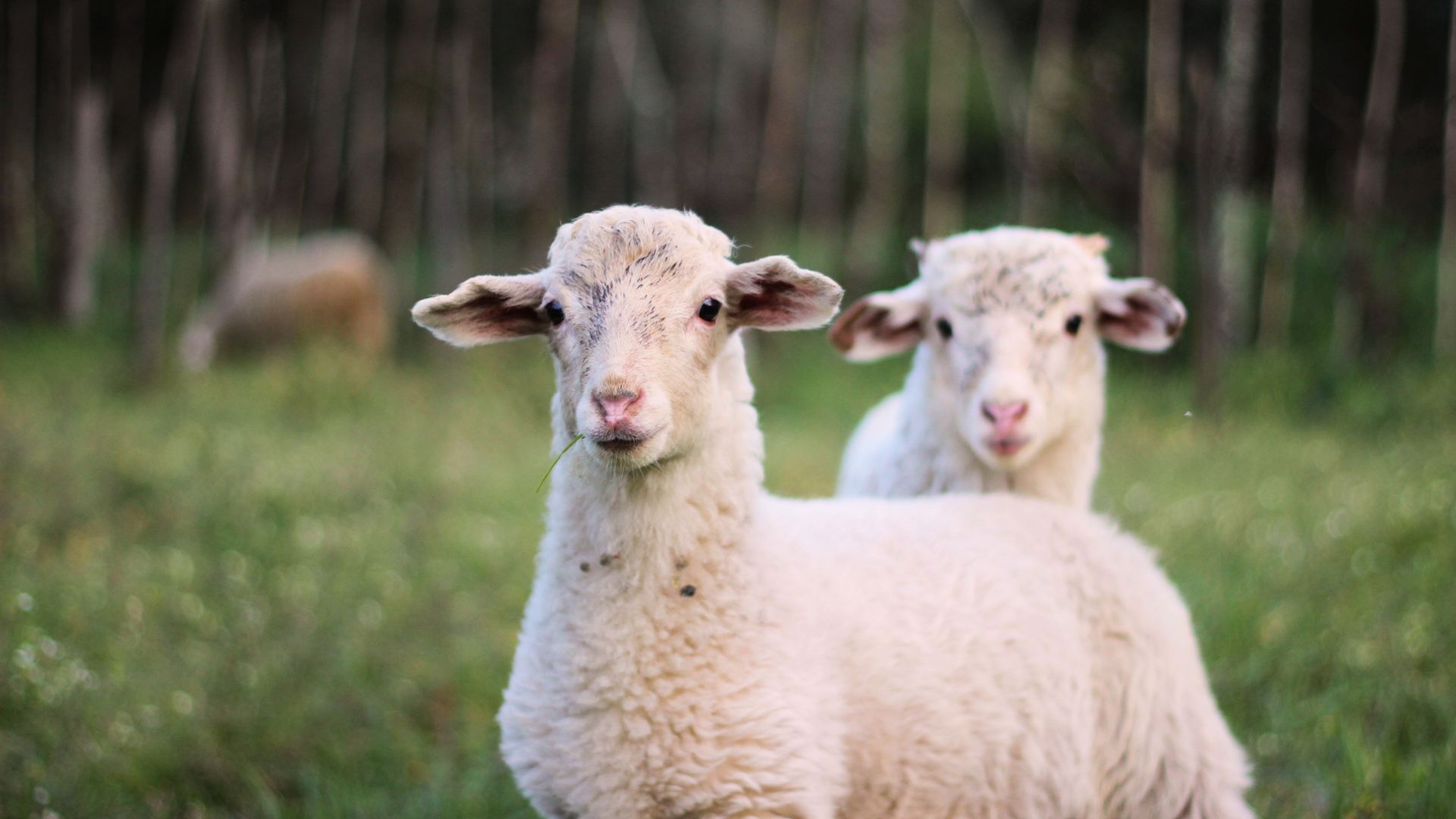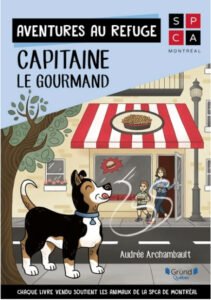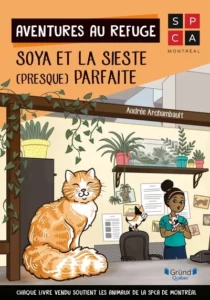
Kids of all ages often share a passion and natural interest in protecting animals and learning more about them.
Our relationship with animals is a great opportunity to learn values such as compassion and empathy, respect for those smaller than us, respect for diversity, a sense of responsibility, and a commitment to justice and fairness.
Participating in animal protection projects is an excellent way to show that we can make a difference in our environment and in the lives of all the beings around us.
As a teacher, you have a unique opportunity to be a catalyst for change by providing stimulating educational activities that help create a better world for everyone, including animals.
The Montreal SPCA’s Humane Education team will be putting together in-class presentations and ready-to-use learning activities for all age groups and across various subject areas, from arts to ethics. To receive the latest news from our team and find out what activities are available, subscribe to our mailing list.
New!
Our Humane Education team is ready to visit your classroom for interactive presentations and workshops! Get more details here.
Choose ethical activities that respect animal welfare
If you know a kid who loves dinosaurs, you know that they don’t need to touch a living animal to be interested in them!
- Watch wildlife documentaries instead of visiting places where wild animals are kept in captivity. Not only is it more ethical, but it’s also an excellent way to see the animals in greater detail!
- Watch wild animals live in their environment, thanks to live-feed cameras installed in sanctuaries or in the wild.
- Get a microscope to observe the living world that’s invisible to the naked eye!
- Plan school outings without animal exploitation: observation hikes, visits to sanctuaries or shelters, etc.
- Introduce your students to the problem of feline overpopulation.
- Help build shelters to keep stray cats warm in winter.
- Organize fundraisers to support shelters and sanctuaries.
Although keeping animals in a classroom may seem appealing, these environments aren’t a suitable home. Schools are too noisy for most species, and animals can become stressed when handled or observed by multiple students, which isn’t good for their well-being.
The same goes for visiting wild animals kept in captivity or places like petting zoos, where kids can touch exotic animals. In these types of activities, the animals’ needs are neglected, which causes them a great deal of stress.
Some animals express their stress or distress differently than we do and this can sometimes go unnoticed.
Teaching students how to develop a relationship with animals in a way that respects their needs and differences is a crucial part of humane education. When kids view animals as individuals with preferences and boundaries, they’re able to develop responsible behaviours, and to love and respect them even more!
Books about adventures at the Montreal SPCA!
The first two volumes of the French-language “Aventures au refuge” series, Capitaine le gourmand and Soya et la sieste (presque) parfaite were recently published by Gründ Québec. Educational sheets are available to go with the books. These captivating stories for kids aged 7 to 9 are available at all major bookstores.








